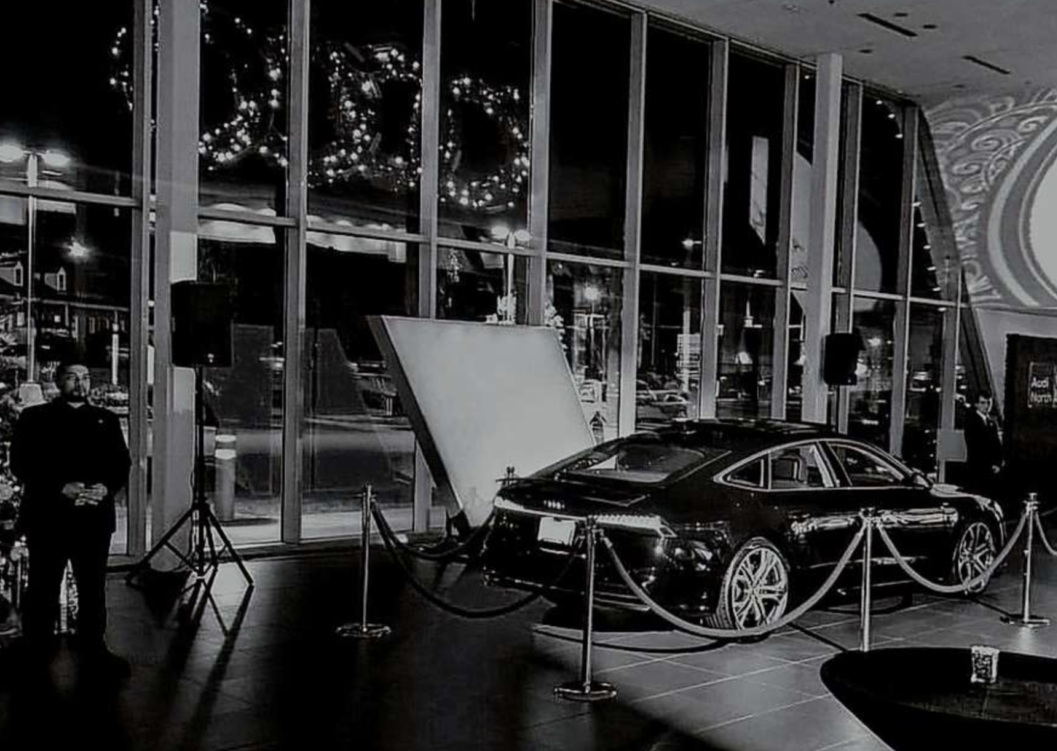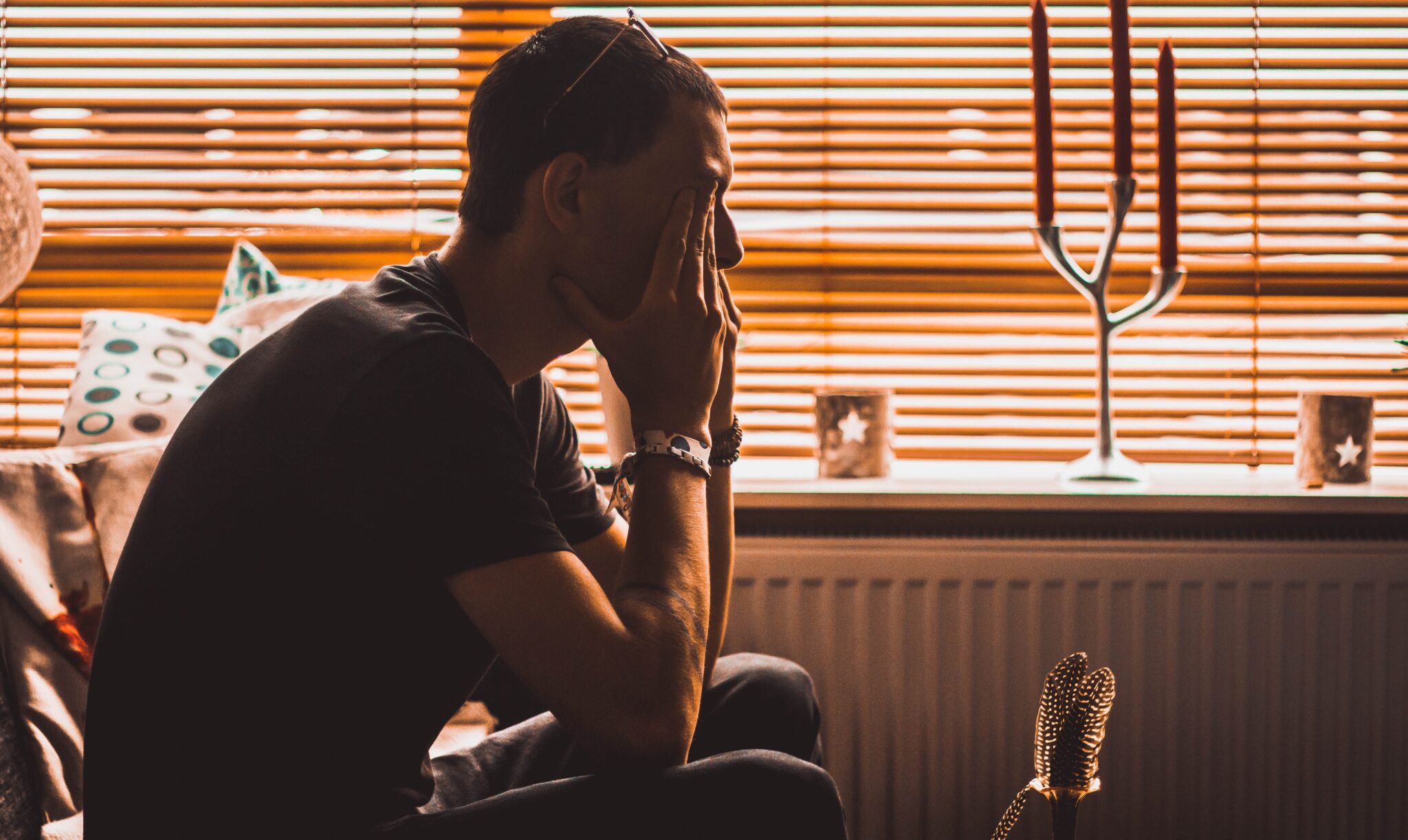According to the Wall Street Journal, the demand for armed and unarmed security guards are at record highs. In fact, the global market for private security services, which include private guarding, surveillance and armed transport, is now worth an estimated $180 billion and that number is projected reach $240 billion this year—a number greater than the GDP of 100 countries, including Portugal, Romania and Hungary. The rapid growth and relevance of this industry has been in the spotlight due to recent protests around the world calling for an end to systemic racism and heavy-handed police tactics following the death of George Floyd.
Prior to the recent protests, the city of Portland made a move to supplement its police force with private security professionals for non-violent work. Residents of Glasgow, Scotland, London, England and Melbourne, Australia have benefited from similar services after committing to pay small per capita fees to have private security services in their communities since 2001. Recent events have highlighted the value of such services, and over the past few weeks, other cities throughout the U.S. have followed suit.

For example, in New York, communities are hiring private security guards to safeguard their properties from potential looters, while leaders in Chicago allocated more than a million dollars to hire three private security firms to address similar concerns. Educational institutions are implementing similar changes. The University of Minnesota is now utilizing private security to handle all safety and security measures for its football games rather than the police department, and the University of Washington is calling for the institution to stop using Seattle police to respond to public safety needs at events such as football games.
Major shifts toward private security are consistent with longstanding global trends. According to research conducted by The Guardian, half of the planet’s population lives in countries where there are more private security workers than police officers. For example, there are an estimated 7 million private security workers in India compared to just 1.4 million police officers. Likewise, in China, there are approximately 5 million people employed in private security compared to a police force of 2.7 million. And according to U.S. labor statistics, there are over 1.1 million private security guards in the U.S. compared to 666,000 police officers.
Frustrated activists who are making calls to defund the police or to abolish the police all together believe it is time that policing models around the world are restructured. In the U.S., the origins of policing stem from slave patrols, racism, segregation, black codes and a system that was put in place for the safety of whites only. Today, communities are calling for models of policing and security that are fair and just for everyone and ones that reflect our diverse business interests and quality of life concerns.

One argument that often challenges private security as a sustainable model is that the communities that lack the financial resources to pay for services will be left behind and go unprotected. At Hawque, we have investigated this issue and have found a solution to address such concerns. Our solution is SafeATL. The SafeATL project is the world’s first initiative to provide “free” security patrols to neighborhoods that cannot afford to hire security or off-duty police. SafeATL has been uniquely designed to proved the quality of service that communities are now requesting, while revolutionizing the way police and security professionals address public safety and emergency response concerns. Today, individuals and corporations are able to allocate resources to fund the SafeATL project; special purpose, local-option sales taxes may be another way to fund the SaltATL project in the future.
Hawque is changing the way private security engages with communities and clients. The future of security will require a “new” set of skills centered on addressing the specific needs of clients and stakeholders. To meet these demands, Hawque’s executive team attended the Ritz Carlton Executive Leadership Academy to find ways to revolutionize how private security provides customer service. The Ritz has received all of the major awards that the hospitality industry and leading consumer organizations can bestow, including one of the highest J.D. Power rankings for customer satisfaction.
At Hawque, we have borrowed from the Ritz’s Gold Standard training model and incorporated its core components into our newly launched service arm, Hawque Protection Group (HPG). This is a significant move away from the traditional private security model—a model known for paying low wages, minimal training, poor customer service and one that has engaged in discriminatory practices, which has yielded several lawsuits over the past few years.
Our innovative approach to quality service and focus on meeting the needs of our clients, partners and the community will position Hawque (our technology arm) and HPG (our service arm) to offer S.A.F.E. Professionals (Security Agents for Everyone) who will exceed the expectations of our clients and serve as a new standard for the private security industry in the future. Our S.A.F.E. Professionals will receive the following training:
- Hospitality training (Ritz-Carlton model) focused on soft skills and customer satisfaction;
- Historical, ethical and cultural awareness training specific to the communities they serve;
- Inclusion, implicit bias and diversity management;
- Identifying and responding to unseen environmental, biological and cyber threats;
- Maintain a physical presence while leveraging technology; and
- Knowing when to call and rely upon community partners, such as mental health and social workers, to effectively respond to situations.
We want to bring a new form of security, and it all starts with our new focus on training beyond the hard and soft skills. We will utilize both unique sides of Hawque Technologies and HPG to help us become the brand setters for the security industry. We are developing thoughtful leaders and everyone on our team will be treated as a customer, opposed to just another body, which is very consistent in the industry. The world is changing, so why shouldn’t we change with it? With our new focus on hospitality, environmental and community training, we are well positioned to lead the way to this much needed change.
Chris Rich is the CEO and founder of Hawque, as well as the cofounder of Hawque Protection Group (HPG). Joshua Byrd is the vice president of HPG.






